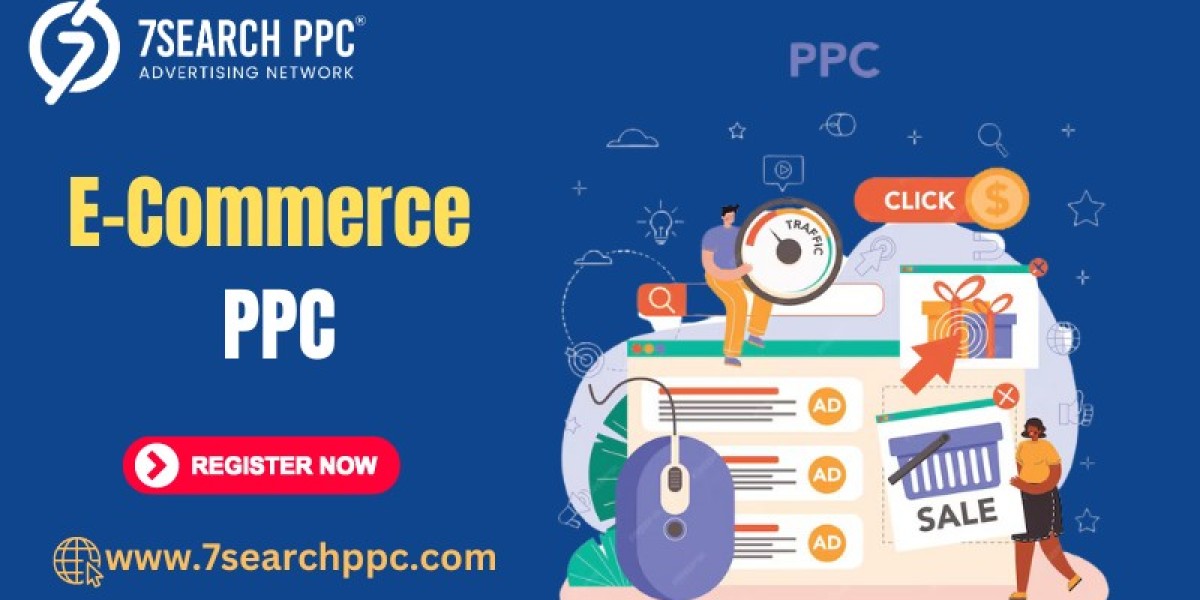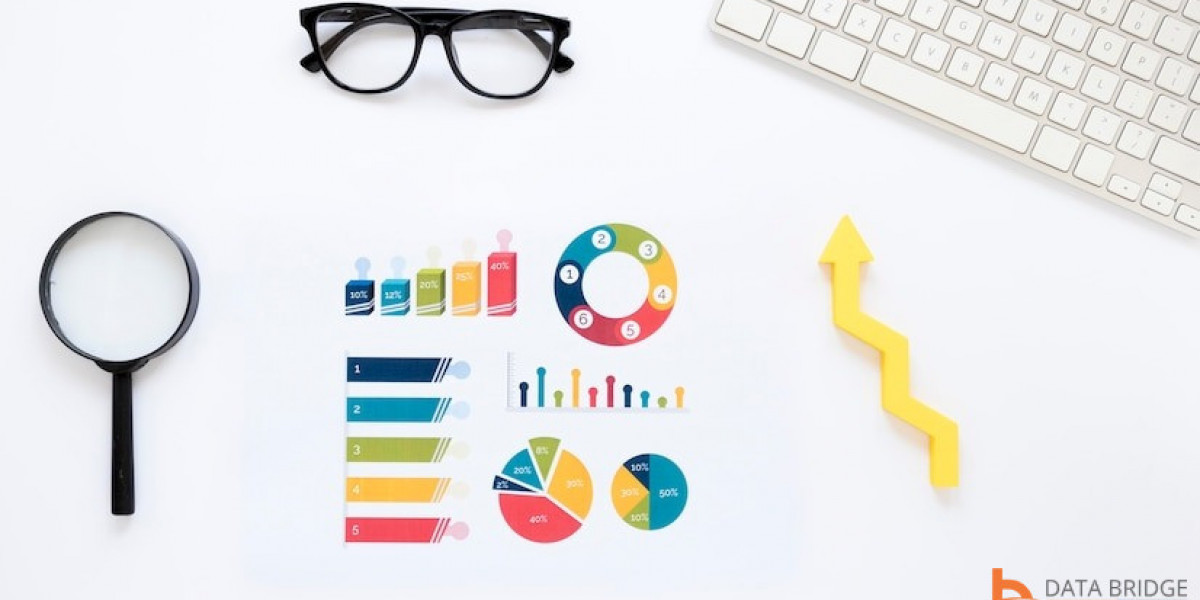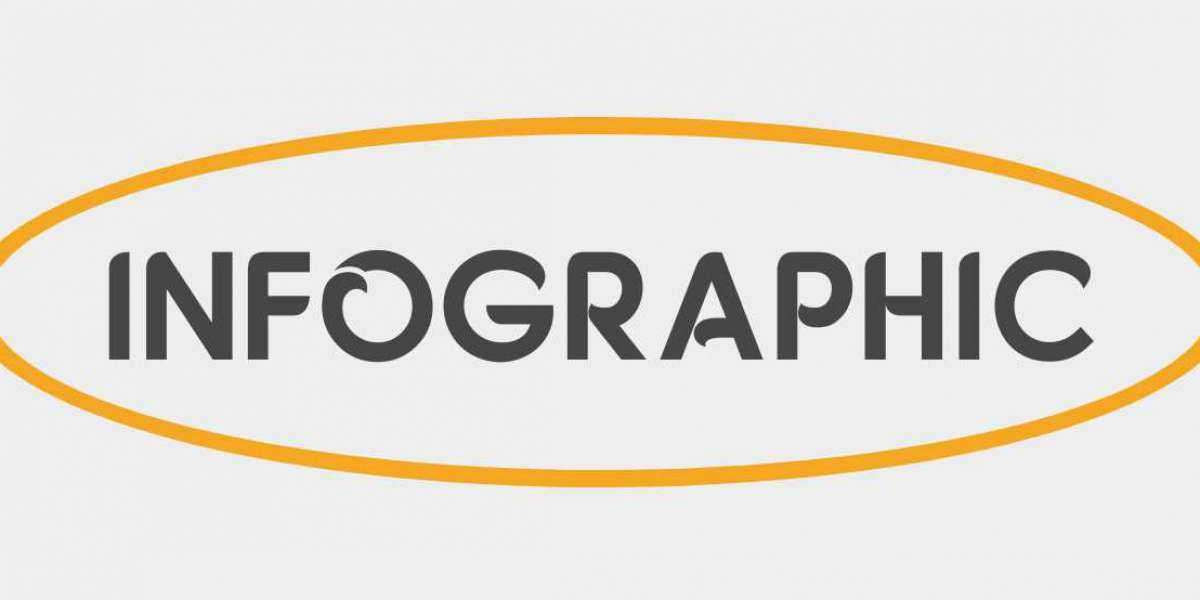In today’s fast-paced digital world, e-commerce businesses are constantly seeking effective strategies to drive traffic, generate leads, and convert visitors into loyal customers. Among the most effective tools at their disposal is E-Commerce PPC (Pay-Per-Click) advertising. PPC campaigns allow e-commerce sites to target specific audiences with precision, ensuring that their ads reach those who are most likely to purchase their products or services. With the right approach, PPC can become a game-changer for your online store, helping to maximize sales and optimize your return on investment (ROI).
In this article, we will explore the ins and outs of e-commerce PPC, delving into the best practices for running successful campaigns, the benefits of PPC for online stores, and how platforms like 7Search PPC can enhance your advertising strategy. Whether you're just starting or looking to refine your existing campaigns, understanding these strategies is essential for success.

What is E-Commerce PPC?
E-Commerce PPC refers to paid search advertising tailored specifically for online retailers. It operates on a simple model: you pay a fee each time someone clicks on your ad. These ads can appear in search engine results, on social media platforms, or across other websites through display advertising. E-commerce PPC ads are typically used to promote specific products, sales, or services, making them highly relevant and timely.
The primary goal of e-commerce PPC is to drive traffic to your website, but the real value lies in how effectively that traffic is converted into sales. A well-structured PPC campaign can increase visibility, attract high-quality leads, and deliver a strong ROI.
Benefits of PPC for E-Commerce
- Targeted Advertising: One of the most significant advantages of PPC for e-commerce is the ability to target specific audiences based on demographics, location, search behavior, and interests. This ensures that your ads reach the people most likely to be interested in your products, maximizing the chances of conversion.
- Quick Results: Unlike organic SEO strategies that take time to show results, PPC advertising delivers immediate visibility and traffic. Once your campaign is live, your ads can appear in search results, driving traffic almost instantly.
- Measurable ROI: PPC campaigns are highly trackable, allowing you to measure the effectiveness of each ad in real-time. This enables businesses to quickly assess what’s working, and what’s not, and make necessary adjustments to improve performance.
- Budget Flexibility: With PPC, you’re in control of how much you spend. You can set daily or campaign-based budgets, ensuring that your advertising costs align with your overall marketing strategy.
- Enhancing SEO: While PPC doesn’t directly impact SEO rankings, the traffic and visibility generated from PPC ads can contribute to your website’s performance. More visitors can mean more opportunities for backlinks, shares, and overall brand recognition.
Best E-Commerce PPC Strategies
To maximize sales with e-commerce PPC, it’s crucial to employ well-planned strategies. Below are some of the best tactics to ensure your campaigns are successful:
1. Choose the Right Keywords
Your PPC campaigns will only be as effective as the keywords you choose to target. Start by conducting thorough keyword research to identify search terms that are relevant to your products or services. Tools like Google Keyword Planner or platforms such as 7Search PPC can help you discover high-performing keywords with strong search volume and lower competition.
Focus on both short-tail and long-tail keywords. While short-tail keywords may drive more traffic, long-tail keywords are often less competitive and have a higher intent to convert.
2. Craft Compelling Ad Copy
Your ad copy is the first impression potential customers will have of your online store, so make it count. Be clear, and concise, and highlight the value proposition of your product. Use actionable language like “Shop Now,” “Get Discount,” or “Limited Offer” to encourage clicks. Incorporating keywords in your ad text, particularly in the headline, will improve its relevance and visibility.
Additionally, include pricing information, promotional offers, and unique selling points (USPs) in your ads to attract price-conscious customers.
3. Use Dynamic Product Ads
Dynamic product ads automatically promote products from your e-commerce catalog to users who have previously shown interest in them. This form of remarketing is highly effective in bringing back potential buyers who may have visited your site but left without making a purchase. Dynamic ads ensure that the right products are displayed to the right people at the right time, increasing the likelihood of conversion.
4. Optimize Landing Pages
An essential aspect of PPC for E-Commerce is ensuring that the landing pages users are directed to are optimized for conversions. Once a visitor clicks on your ad, they should be taken to a landing page that is relevant to the ad content, easy to navigate, and designed to encourage action (such as making a purchase or signing up). Use clear calls-to-action (CTAs), high-quality images, and an uncluttered design to create a smooth user experience.
5. Leverage Retargeting
Retargeting is a powerful strategy that allows you to re-engage users who have already interacted with your site but haven’t converted. By displaying ads to these individuals as they browse other websites or social media platforms, you can remind them of the products they viewed, which increases the chances of completing the sale.
7Search PPC offers advanced retargeting options that can help e-commerce businesses bring back lost visitors and boost their overall conversion rates.
6. Monitor and Adjust Campaigns Regularly
PPC advertising is not a set-it-and-forget-it strategy. To achieve the best results, you’ll need to continuously monitor your campaigns, analyze performance data, and make adjustments as needed. Keep an eye on key metrics such as click-through rates (CTR), conversion rates, cost-per-click (CPC), and ROI. Testing different ad variations, landing pages, and targeting options can help you optimize your campaigns for better results.
The Role of 7Search PPC in E-Commerce Advertising
When it comes to running effective e-commerce PPC campaigns, choosing the right platform is crucial. 7Search PPC is one of the Best E-Commerce Ad Platforms available, offering a range of features designed specifically for online stores.
- Advanced Targeting: 7Search PPC enables e-commerce businesses to target their ads with precision. Whether you want to reach customers based on location, interests, device type, or search behavior, the platform offers robust targeting options that ensure your ads are shown to the most relevant audience.
- Cost-Effective Solutions: With E-Commerce PPC Services from 7Search PPC, businesses can control their advertising costs while maximizing visibility. The platform provides transparent pricing models and budget flexibility, allowing even small e-commerce businesses to compete effectively in the digital marketplace.
- Comprehensive Analytics: Measuring the success of your campaigns is easy with 7Search PPC’s detailed reporting and analytics tools. The platform provides real-time insights into ad performance, helping you make informed decisions and optimize your campaigns for maximum ROI.
Conclusion
E-Commerce PPC is a powerful tool for online retailers looking to increase sales, boost visibility, and improve their bottom line. By using strategies like targeted keywords, dynamic product ads, retargeting, and continuous campaign optimization, businesses can create effective PPC campaigns that drive meaningful results. Platforms like 7Search PPC offer the tools and services needed to ensure your e-commerce ads reach the right audience at the right time, maximizing your ROI.
FAQ
What is E-Commerce PPC?
Ans. E-Commerce PPC refers to pay-per-click advertising designed specifically for online stores. Businesses pay a fee each time a user clicks on their ad, which can appear on search engines, social media, or other websites.
How does PPC help increase e-commerce sales?
Ans. PPC ads drive targeted traffic to your website, increasing the likelihood of conversions. With the right keywords, ad copy, and landing page optimization, PPC campaigns can significantly boost sales.
Why is 7Search PPC a good platform for e-commerce ads?
Ans. 7Search PPC offers advanced targeting, cost-effective solutions, and comprehensive analytics that help e-commerce businesses create highly effective PPC campaigns tailored to their specific audience.
What are dynamic product ads?
Ans. Dynamic product ads automatically promote relevant products from your e-commerce catalog to users who have already shown interest, increasing the chances of conversion.
How can I track the success of my PPC campaigns?
Ans. Platforms like 7Search PPC provide real-time analytics and reporting tools that help you monitor key metrics like CTR, conversion rates, CPC, and ROI, allowing you to optimize your campaigns for better performance.









